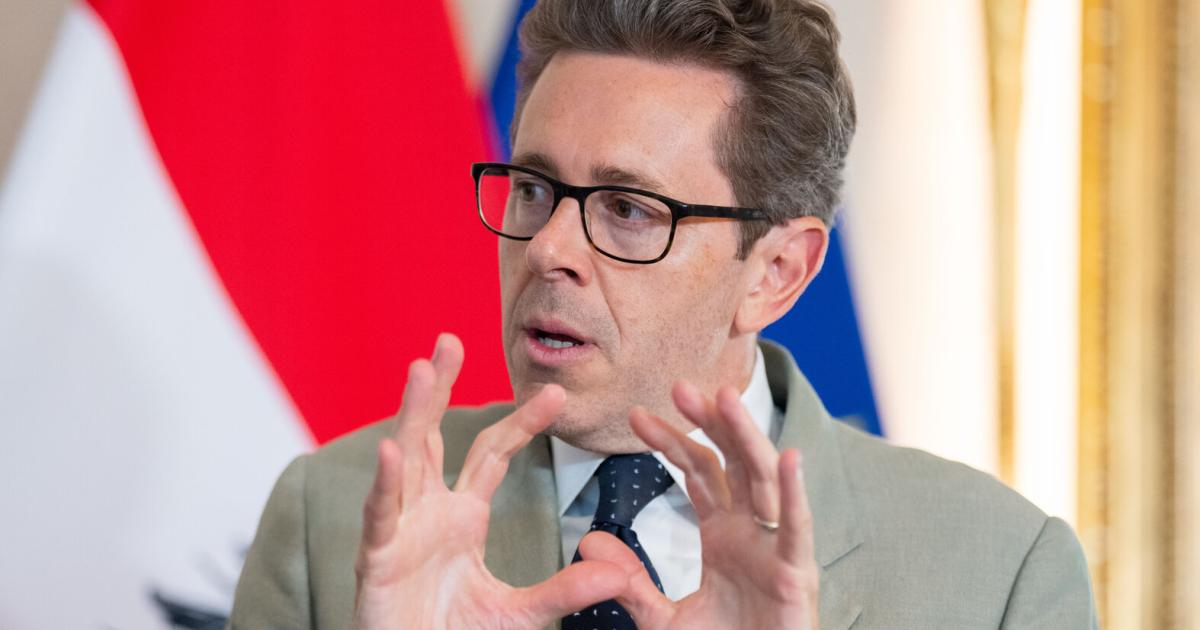Tourism companies in this country have been struggling with a shortage of skilled workers for several years now – and this is only getting worse. The number of young people in the industry is declining in particular. The number of apprentices has halved in 15 years. Last year there were 7,189 apprentices in the hospitality industry, compared to 14,755 in 2008.
According to the President of the Chamber of Commerce Harald Mahrer The reason for the decline is not primarily that the industry is perceived as unattractive by young people. Many companies in the tourism and catering industry would like to train apprentices, but do not have the human resources to do so due to the high time required for bureaucratic tasks. The WKÖ President is therefore working with industry representatives to reduce bureaucracy for companies in the hospitality industry.
More incentives for overtime
In tourism, where many employees only work part-time, there is also a need for incentives for additional work, such as tax-free overtime, a full-time bonus or tax-free additional income for employees who are already receiving a pension, as Mahrer demands.
At the same time, however, it is no longer possible to do without staff from abroad – from countries outside the European Union (EU), as Mahrer emphasises. Mahrer calls the idea that FPÖ leader Herbert Kickl wants to combat the shortage only with workers from the EU a “fantasy of isolation”. The other EU states have the same demographic problems as Austria and are also looking for employees. “Such statements are pure poison for a hospitable country like Austria and for domestic tourism,” Mahrer told the KURIER.
Search in the Western Balkans
The WKÖ President is committed to recruiting workers from the Western Balkans, such as Serbia or Montenegro, and allowing them to enter the Austrian labor market easily using a fast admission procedure based on the German model.
Many of those who work in the hospitality industry in Germany and commute to their home country every two weeks would prefer to work in Austria anyway, says Mahrer. The language problem is also negligible, as many people in the Western Balkans have contact with the German language for historical reasons.
In addition to the labor shortage, the increased energy, raw material and personnel costs are also putting pressure on hospitality businesses, which is why they are also raising prices. “They can still pass on these cost increases for now, but in international comparison they will soon reach their limits. Because guests naturally compare prices,” says Mahrer.
Due to these financial burdens, further demands on the next government include a reduction in non-wage labor costs, which 91 percent of entrepreneurs want, and a reduction in value added tax, which 87 percent of the industry supports.
Economic factor
Mahrer emphasizes how important tourism is for the Austrian economy: According to Wifo estimates based on data from Statistics Austria, almost 17 percent of all jobs in this country were dependent on tourism and the leisure industry last year.
